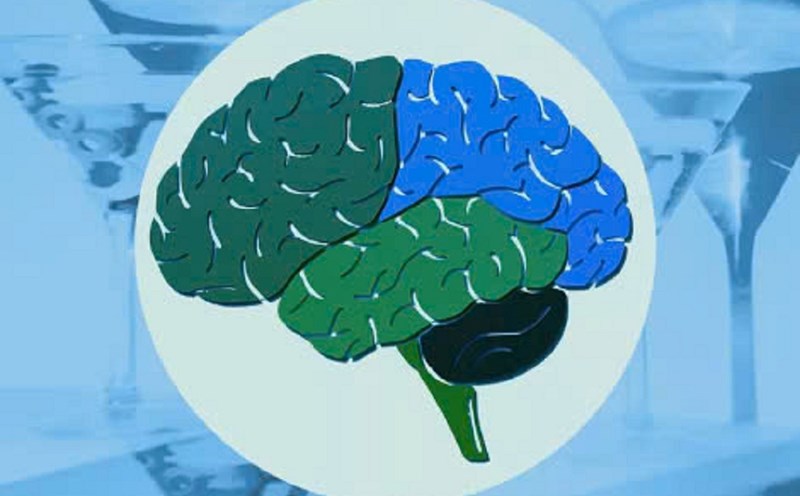Red radish (beetroot)
Beetroot is high in nitrates, a compound that helps the body produce nitric oxide, which is also responsible for dilating blood vessels, increasing blood flow and oxygen delivery to the brain. This helps improve cognitive function, concentration and memory.
The ethanol in beetroot has powerful antioxidant properties, which help protect brain cells from damage caused by oxidative stress, as oxidative stress is one of the causes of memory loss and neurodegenerative diseases such as Alzheimer's.
Turmeric
Curcumin, the key active ingredient in turmeric, has powerful anti-inflammatory and antioxidant properties. Curcumin also helps reduce inflammation in the brain, a major cause of memory loss and neurodegenerative diseases such as Alzheimer's. It also protects brain cells from damage caused by oxidative stress, slowing the aging process of the brain.
According to the World Health Organization, using turmeric will increase the production of BDNF (Brain-Derived Neurotrophic Factor). This is a protein that plays an important role in maintaining and developing new nerve cells. The increase in BDNF helps improve learning and memory and protects the brain from cognitive decline.
Sweet potato
Sweet potatoes are a nutritious food that is not only good for overall health, but also has the ability to support and improve memory thanks to its nutritional properties. Sweet potatoes, especially orange ones, contain high levels of beta-carotene, a powerful antioxidant. Beta-carotene in sweet potatoes protects the brain from damage caused by oxidative stress, helping to prevent age-related cognitive decline. Vitamin A from beta-carotene also supports the health of the central nervous system.
At the same time, sweet potatoes contain anthocyanin (especially in purple sweet potatoes). This is a flavonoid found in purple sweet potatoes, which helps enhance cognitive function and memory. This substance has anti-inflammatory and antioxidant properties, helping to protect brain cells from damage and reduce the risk of degenerative neurological diseases such as Alzheimer's.
Garlic
Garlic is a food that is not only famous for its immune-boosting effects, but also has the ability to improve memory thanks to natural compounds that are beneficial for brain health.
Allicin is the main bioactive compound in garlic, which has antioxidant and anti-inflammatory properties. Allicin also helps protect brain cells from free radical damage, slows brain aging, and prevents cognitive decline.
At the same time, garlic has the ability to improve blood circulation by dilating blood vessels, thereby increasing the supply of oxygen and nutrients to the brain. This is very important for maintaining memory and concentration.









